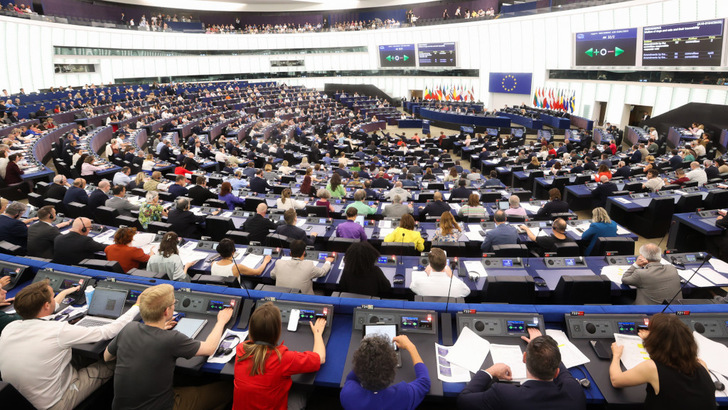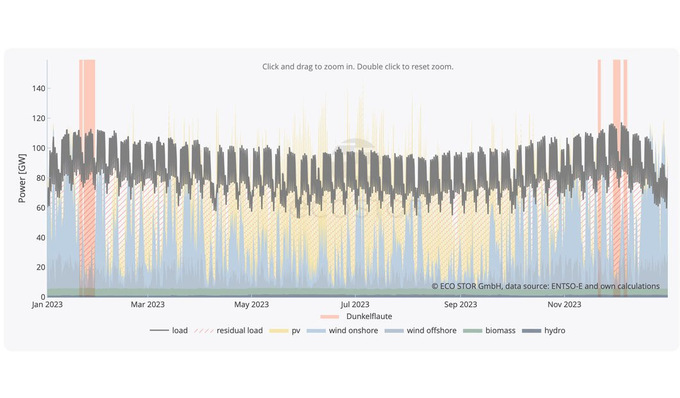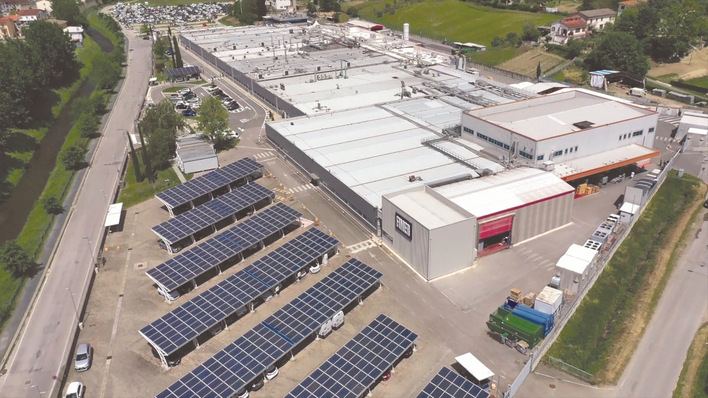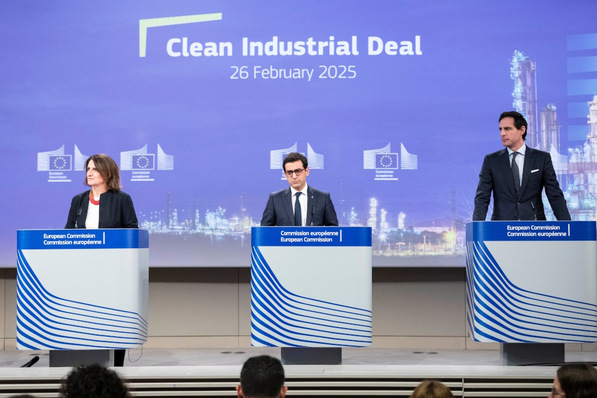Yesterday (19 June) in Strasbourg, the European parliament adopted two strategic texts for the future of grids and flexibility: the resolution on the Clean Industrial Deal, and the own-initiative report on electricity grids.
In the resolution on the Clean Industrial Deal, MEPs call for an “EU strategy on energy flexibility”. In the report on grids, MEPs call on the European Commission to put forward an “EU strategy to vastly reduce the dispatch-down of renewable electricity”.
Iberian blackout shows PV’s stabilising potential
The report on grids favours the move away from the “first-come-first-served” principle in grid connection queues. They advise the European Commission to introduce transparent priority connection criteria, to be further defined by national governments.
The resolution on the Clean Industrial Deal also calls for more support for clean tech manufacturing, as well as a new action plan on clean tech.
Call for fresh funding to back EU solar manufacturing
“The European Parliament has sent a strong statement to the European Commission: you must do more on flexibility,“ commented Arthur Daemers, Senior Policy Advisor at SolarPower Europe.
Trigger action from the European Commission
“We need a surge battery deployment now. In the continent as a whole, we must multiply our battery storage capacity 10x in 5 years. This will reduce volatility on energy markets, enable industrial decarbonisation through renewables, and strengthen Europe’s energy security by reducing dependence of volatile fossil imports and boosting affordable, domestically generated clean power,” Daemers underlined.
The Clean Industrial Deal focuses on many key areas: ramping up renewables, electrifying industry, building more electricity grids. But more work is needed to push storage and flexibility to the next level.
“We hope that these two reports, adopted with wide majorities, will trigger action from the European Commission to incentivise the massive deployment of battery energy storage systems, hybrid renewable energy systems and demand-side flexibility.
A swift implementation of key measures adopted via the recent Electricity Market Design revision is necessary but not enough. We need a new EU strategy on flexibility,” Daemers demands. (hcn)








